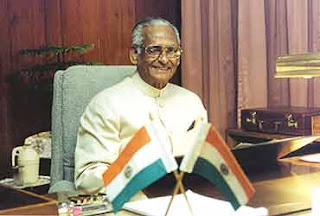Dr.Alexander ,who stands out as one of the most distinguished and respected administrator in the post -independence era,has held several top positions in public life both at the national and international levels oveer a period of over five decades.As Principal Secretary to Prime Minister Indira Gandhi and later to her son and successor,Rajiv Gandhi,Dr.Alexander played a crucial role in the momentous developments of that period.He takes the reader on stage,through the critical years,as he unravels,for the first time ,the Punjab drama,scene by scene.He also recounts why Indira Gandhi was compelled to call in the Army to carry out Operation Blue Star and how the top Generals arbittrarily their plans midway through the Operation,leading to tragic consequences.He questions the validity of the rationale behiind the Generals' sudden rethink on strategy and tactics.
Writing in graphic detail,Dr.Alexander breaks his silence on his bitter interaction with Prime Minister Morarji Desai.He also unveils the sordid machinations of some officials of the Ministry of External Affairs(when he was India's High Commissioner in the U.K.)who did everything in their power to stymie his moves when they felt that his actions impinged upon their 'turf'.During this assignment,Dr.Alexander,apart from his regular duties,had also to counter the propaganda unleashed by the U.K.-based Sikh insurgents.
Dr.Alexander rounds off the book withh an account of his tenure as Governor,first of Tamil Nadu and then of Maharashtra,marked by the turbulance of the Sri Lankan ethnic crisis and its impact on India,as also the horrific Mumbai riots and the serial bomb blasts that rocked the metropolis.A chapter on his tenure as Governor of Tamil Nadu(at his own preconditions)reveals the various administrative steps he took to streamline the administration,special drives to ensure cleanliness of Madras cty,many 'firsts' implementse by him and the welfare packages for the common man announced by him,etc.

